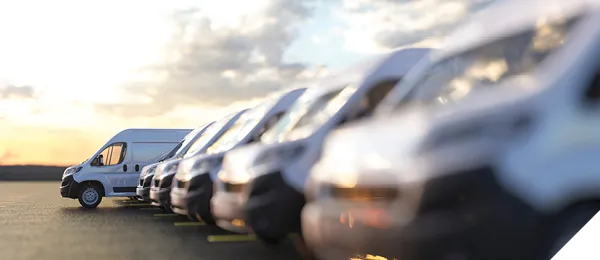What you need to know regarding ATM Skimming Devices
As a reminder that fraud comes in all forms, skimming devices are a constant threat and due diligence needs to be used when paying with your debit and credit cards. A skimming device is a piece of equipment fraudsters attach over card readers at ATMs, self-service payment kiosks at gas pumps, or other point of sale equipment.
While the customer tries to make a valid transaction, the debit card or credit card pass through a second card reader (the skimming device) that illegally captures the card number. Criminals also obtain PINs by installing nearby cameras to record them being punched into the keypad on an ATM, self-service payment kiosk or other point of sale systems. Sophisticated card skimming devices now contain the technology to read the new enhanced chip data on your card as well. The fraudster later returns to retrieve the camera and the card skimming device. From this device and data from the camera, the thief can produce fake cards and use them to withdraw money from cardholders’ accounts without their knowledge.
How to Spot a Skimming Device
The first step is to know what to look for and know the different kinds of skimming devices. The Federal Deposit Insurance Corporation (FDIC) has recommended the following on knowing what to look for:
Card-reader overlays
The most common ATM skimmer, and perhaps the easiest device to detect, is the card-reader overlay. It is made of plastic and fits over the slot where you insert your card. As you insert your card, the device reads the data from your card and stores it. Before inserting your card, look at the card reader for signs it has been altered, loose, crooked, damaged and if your card doesn’t easily slide into the machine. Other possible signs could include glue, adhesive tape or other signs of tampering. The plastic around the card reader should look permanent and professional. All pieces should be securely affixed to the machine.
Hidden cameras
While banks typically have security cameras near their ATMs to keep an eye on the area, thieves sometimes hide tiny cameras on or around ATMs. There are instances where the camera could be inside the device. Also, know that business and financial institutions do not point cameras toward the keyboard.
PIN-capture overlays
Criminals have been known to attach dummy keypads over an ATM's real keypad to record and capture PIN numbers as they are entered. The keypad might be fake if it looks too thick or different from what you're used to seeing.
Fake ATM faceplates
Some thieves go as far as placing a fake ATM cover that could contain card-reader overlays, hidden cameras and PIN-capture overlays over some or all of a real, fully operating machine. Look for flaws like loose wires, seams that are not flush and key pads that look out of place.
Additional items to consider from the FBI include:
- When using your PIN, make sure to cover your hand while using the keypad to enter your PIN.
- If possible, use an ATM at an inside location in a well-lit location as this serves as less access for criminals to install skimmers.
- Be alert for skimming devices in tourist areas, which are popular targets.
- Contact the bank if the ATM doesn’t return your card after you end or cancel a transaction.
- Use your debit card and credit card with chip technology. There are fewer devices within the United States that steal chip data versus magnetic strip data.
- Monitor your accounts and bank statements each month and your credit report at least once a year for transactions and accounts you don’t recognize.
- Sign up for account alerts through online or mobile banking to monitor transaction activity. This can notify you at any time money is withdrawn from your account.
- Act quickly to limit the damage and contact the bank. They will help to with the necessary steps to aid you with your debit and credit card transactions.
What to do if you suspect you are a victim of an ATM skimming device, fraud or identity theft?
If you have suspicions that an ATM or self-serve kiosk appears to have been tampered with, DO NOT use the machine or kiosk and contact your local law enforcement immediately. If you believe you have been the victim of an ATM skimming device, fraud or identity theft, please contact us at Premier Valley Bank, a division of HTLF Bank.








